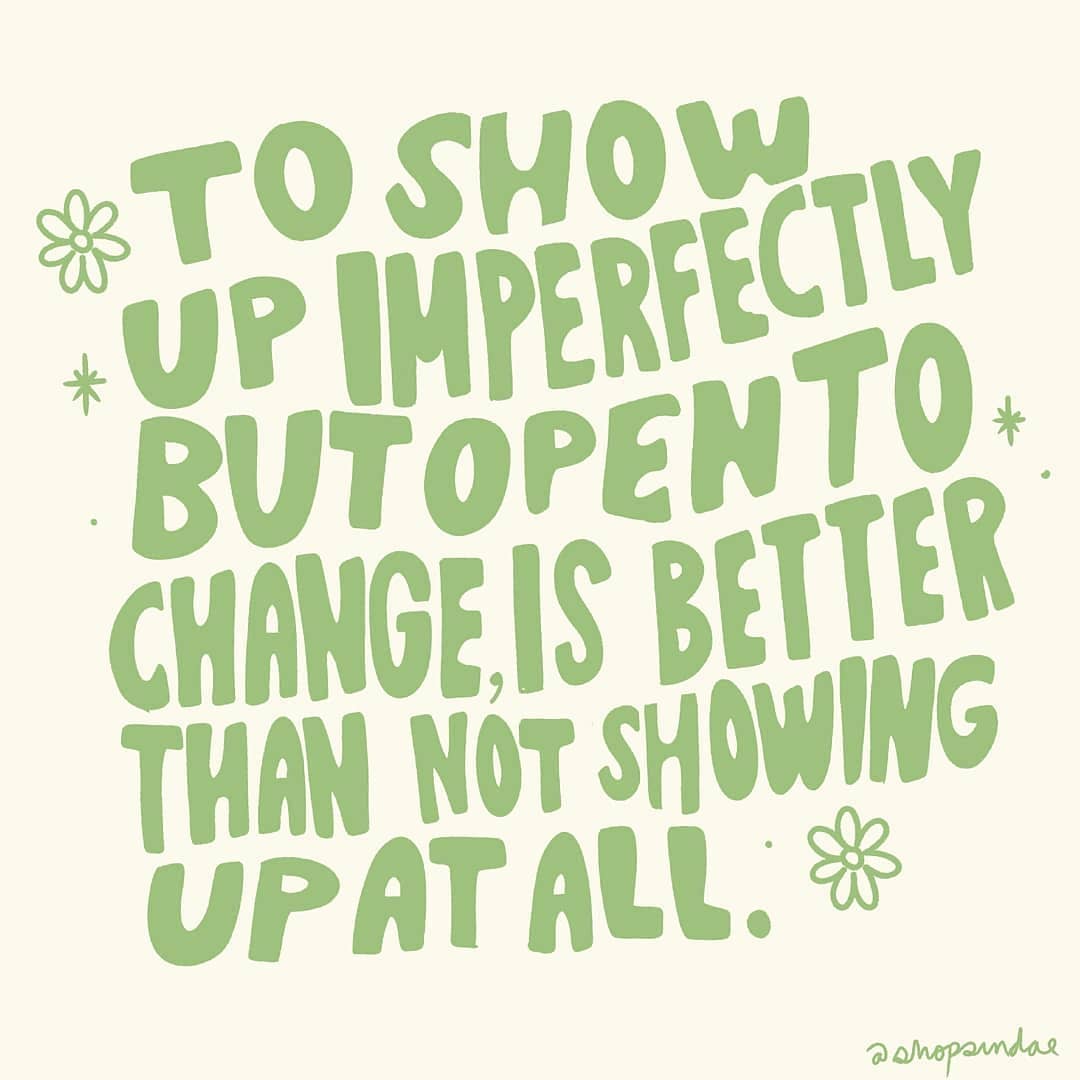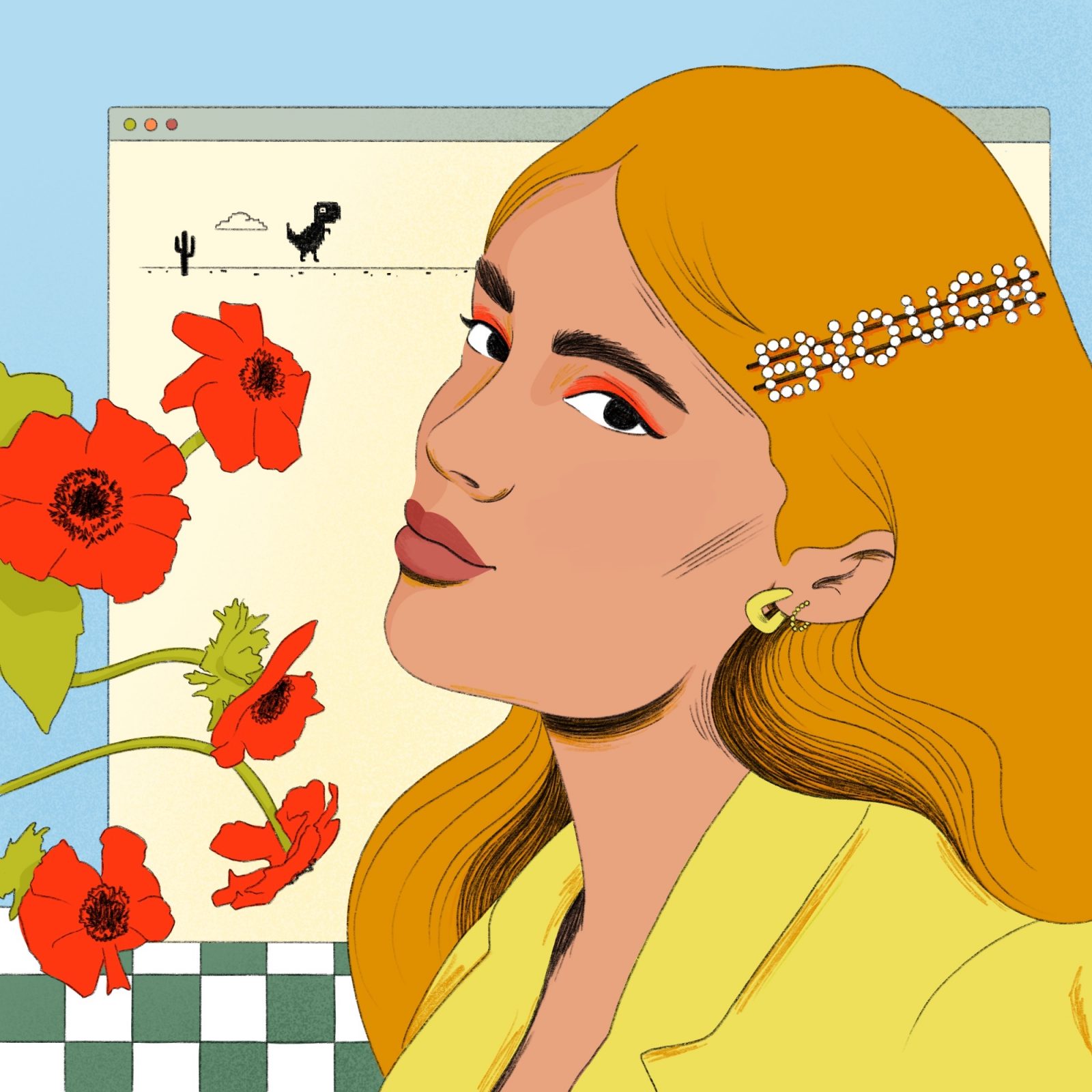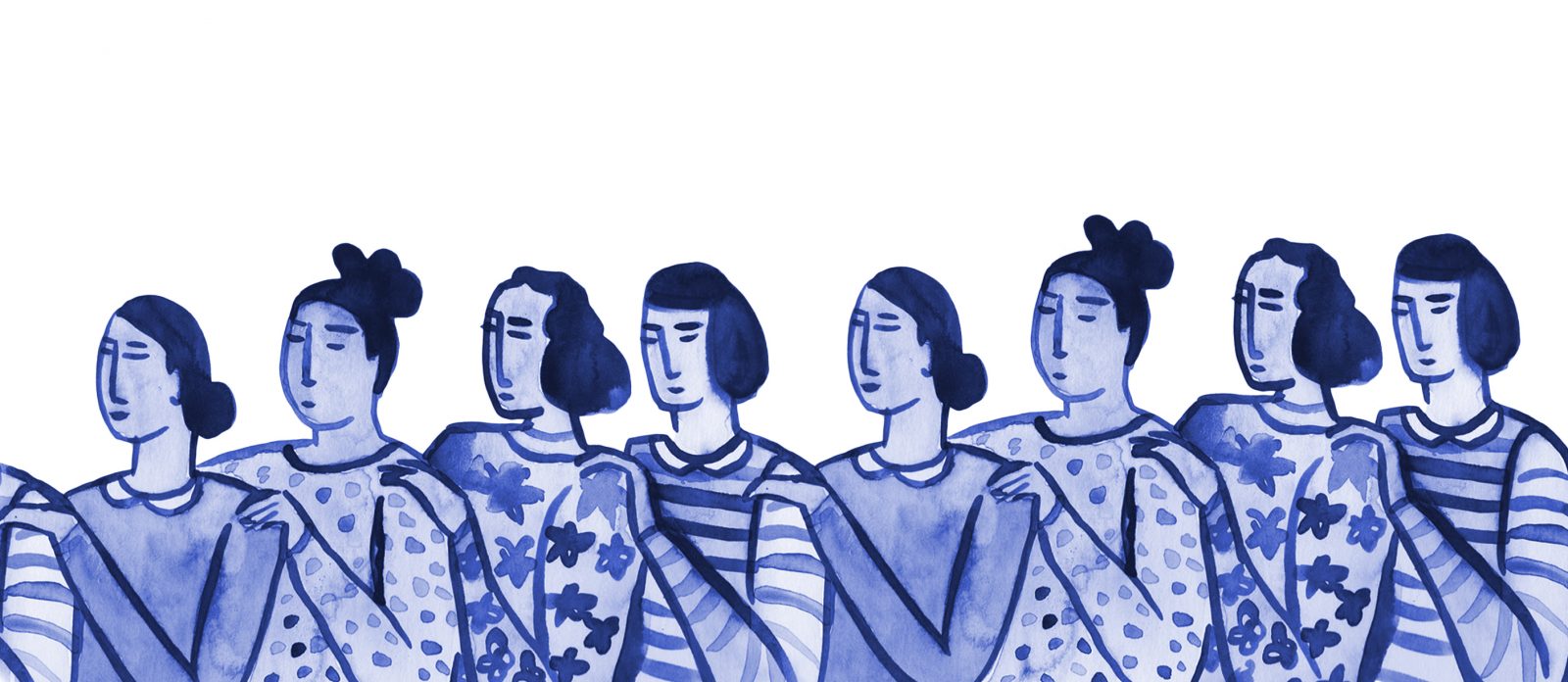To celebrate the 100th anniversary of women’s suffrage in the United States, we interviewed six women-identified artists about the importance of knowing and using your voice in art, in society and in all things.
Lo Harris
Society6 Shop | Instagram
“Art can be a powerful way to communicate the highlights of a movement. People can use the works of others to express themselves both personally and in a larger socio-political way. We are an extremely visual society and art, through any medium, has a unique way of defining and preserving a moment in time.
The cool thing about artists today, especially in the world of social media, is that we have more tools at our disposal than ever before. Talent is one tool, but do realize that your platform and your network are also very valid and perhaps more effective tools in times like these. When we think of the BLM movement for example, it may be more detrimental than helpful for a non-black artist to earn a following or gain attention from creating works pertaining to the BLM movement. This isn’t to say that they can’t contribute art as well, but in some cases it would be more helpful for those artists (especially the popular ones) to use their platforms and networks to share the spotlight with black artists. Otherwise, black artists end up being alienated from their own narrative.”
Louisa Cannell
Society6 Shop | Instagram
“Artists have the skills to take complex topics and make them digestible, shareable, and to imbue them with empathy. They have the opportunity to help others find their voice, to excite their activism. For social and political movements that I am passionate about, I try and ask myself, am I the right person to create this work? If I am not, I seek to promote other artists designing and illustrating in this space, and if I am, I try to bring a new perspective to the topic.”
Ariel Sinha
Society6 Shop | Instagram
“Artists play a huge role in documenting and impacting history and I advocate for more artists using their individual voices to create messages about society as we see it—or as we would like it to be. When I first started doing art as a form of activism, I really had to push through a wall of feeling like I needed to do something radical and world-changing. I had to consciously zoom in a bit and just focus on what I’m drawn to as an artist—which is putting the power of representation and humanity at the center of my work—and hope that the subtleties of the messaging would come through.”
Alexandra Bowman
Society6 Shop | Instagram
“I think most art is inherently political. Especially when the maker is a minority whose voice is devalued in society or within government. Creating art as an extension of yourself that demands visibility is an act of resistance, subject matter is sometimes irrelevant.
Artists often create work in response to what is going on in the world, but we can also view art-making as a tool to shape the future we want.
For many of us, there is a very fine line between personal and political issues. As artists, it’s important to practice authenticity by working with companies or organizations that align with your values and to physically, emotionally and financially show up for your community.”
Kath Nash
Society6 Shop | Instagram
“I think for artists, especially more timid and introverted artists, it’s really important to remember that using your voice doesn’t have to look a certain way. If you have a quiet and gentle voice, that’s still a voice. The important thing is to stay true to who you are and what you stand for. Michelle Obama said “You don’t have to be somebody different to be important.” I have to regularly remind myself of that.”
Haley Kennedy
Society6 Shop | Instagram
“I feel that art can he an amazing tool not only for healing but for standing up for what you believe in, generating important conversations, and making change.”



Comments